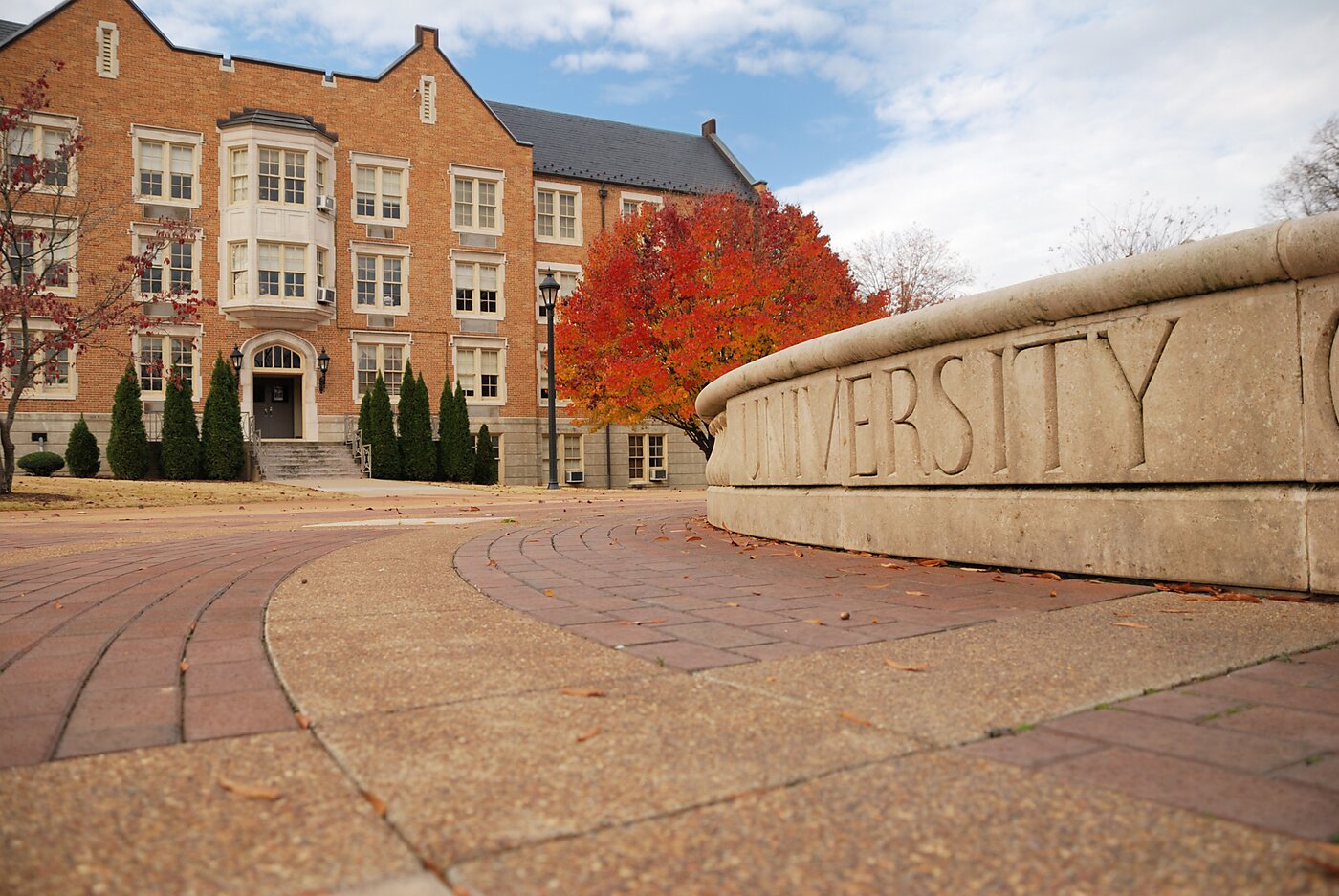Imagine a college campus where the Department of Education has no jurisdiction. No audits, no diversity mandates, no Title IX compliance offices. No federal student loans or threats to research funding based on politics. Washington holds no leverage because it has no hand in the system.
What happens when the federal government plays no role in higher education? In Libertarian Land, education is fully private, and the state has no say in how universities are built or how they run.
In that world, colleges can structure themselves however they want. Some may choose classical curricula and formal codes of conduct, but no government policy mandates balance or imposes neutrality. A university can be conservative, progressive, apolitical, or incoherent. The key is that it exists by choice and operates on its own terms.
Incentives run through donors, students, faculty, and employers. If a university squanders its independence or reputation, it suffers. If it provides value, it thrives. The market does not guarantee good outcomes, but it imposes real constraints.
Some universities in Libertarian Land would likely restrict speech, enforce political orthodoxy, or practice affirmative action. Others would not. That is no flaw; it is what happens in a decentralized system. The point is not that every school must act the same, but that each school is free to act. FIRE’s campus rankings suggest that some of the most selective universities rank near the bottom for free speech. Yet these schools remain oversubscribed, which suggests that many students either accept those restrictions or prefer them. In Libertarian Land, that tradeoff would be transparent. If students value a campus that mirrors their worldview, they will find it. Universities compete. No one is forced to attend, and no one is forced to pay for someone else’s education.
Currently, the federal government can suspend grants, pull contracts, or open investigations. Even the most selective schools respond to these pressures because they are financially entangled. This is not a neutral relationship. It is a system of incentives and enforcement.
Libertarian Land avoids that bind. The state enforces contracts and protects property, but it does not design curricula or monitor speech codes. It does not fund research. In that world, Harvard can be Harvard, Hillsdale can be Hillsdale, and entirely new models can emerge. The point is not to endorse any one version of a university. It is to defend the freedom to choose.
This article appeared on Substack on June 5, 2025. Jeremy Williams, a student at Harvard College, co-wrote this post.


















